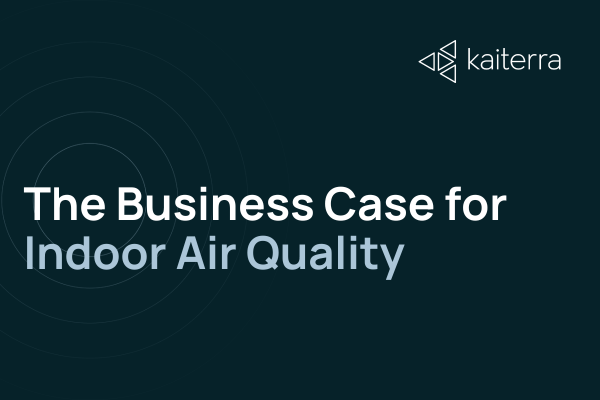Newsletter
What Are Airborne Allergens?
Airborne allergens, also called as aeroallergens, are any airborne substances that can trigger an allergic reaction. Suffering from a runny nose, congestion, or sneezing is not always related to the common cold. It can also be an allergic reaction. For example, people who suffer from hay fever often experience cold-like symptoms because of excess pollen in the air.
Top Allergens & Their Symptoms
- Pollen — Pollen is released by plants for fertilization and is particularly pesky during the spring. These tiny particles float through the air and easily irritate the respiratory tract. Symptoms include: runny nose, sneezing, itchy eyes, nose and throat.
- Mold — Mold spores float in the air and can cause chronic problems among allergy sufferers. Because they’re so small, they often irritate and inflame the mucous membrane inside the nose when inhaled. Symptoms include: runny nose, coughing, wheezing, and sneezing.
- Dust mites — Dust contains microscopic organisms (mites) and is very common in homes. When inhaled, they can cause perennial allergic rhinitis and are a cause of asthma on prolonged exposure. Symptoms include: sneezing, (persistent) runny nose, stuffy nose or ears, and post-nasal drip.
- VOCs — Volatile organic compounds (VOCs) are released from paints, perfumes, cigarette smoke, plastic, and cause airway irritation when inhaled. They can lead to serious respiratory diseases in the long run and reduce the lung capacity. Symptoms include: burning of the eyes and throat, rashes on skin, tightness of the chest, fatigue, and headaches.
- Pet dander — People are often surprised to learn that pet allergies are not just from animal fur but also from your pet's saliva. Pet saliva contains proteins that cause allergies. They are present in the urine and feces as well. Pet allergies usually take a few years to develop and symptoms can linger for months after the pet has gone. Symptoms include: runny nose, sneezing, hoarseness, and wheezing.
- Smoke — Smoke particles contains gases and fine particles generated from burning. Even a small amount of smoke can be very irritating for allergy sufferers. Symptoms include: coughing, burning and watery eyes, nasal congestion, and shortness of breath.
How Do You Know if It’s an Airborne Allergy?
Differentiating between a cold and an allergy can be difficult since they both have very similar symptoms (including coughing, wheezing, and airway irritation). The key difference is that allergy symptoms last longer than a seasonal cold.
Generally a cold lasts 1-2 weeks. Anything beyond that could mean you have an allergy. Consulting a physician and getting appropriate allergy tests will help you speed up recovery and prevent future triggers.
Protecting Yourself From Airborne Allergies
 There are a number of tactics you can use to help mitigate airborne allergies. These include:
There are a number of tactics you can use to help mitigate airborne allergies. These include:- Protecting yourself from pollen — It's hard to completely remove or avoid pollen altogether, but it’s helpful to know that it’s more concentrated earlier in the day. Closing your doors and windows early in the day can prevent these allergens from entering your home. Wearing a pollution mask will further help in protecting you against pollen.
- Protecting yourself from molds — Since molds grow in damp and wet areas, using dehumidifiers to eliminate the moisture helps to keep them at bay. Fixing leaky pipes and loose taps will also reduce humidity levels and make your home less appealing to mold spores.
- Protecting yourself from VOCs — If someone in the house suffers from allergies it’s recommended that you limit the use of products that emit VOCs. This will help maintain better air quality in the home and prevent allergies from flaring up.
- Protecting yourself from dust & pet dander — It's impossible to completely eliminate dust and pet dander (especially if you have a pet). However, there are certain steps that can be taken to reduce their effect. Using a vacuum cleaner with a good HEPA filter will remove most of the dust and the pet dander. A second option would be to install an air purifier to effectively remove pollutants from the home.
Keeping asthma symptoms in check can be hard, but it's not impossible. That's why we put together a guide book for you learn more about this issue, and how air pollution may affect you if you or your loved ones are suffering from asthma.






.png?width=200&height=148&name=Menu%20C%20(2).png)

.png?width=307&height=228&name=Menu%20-%20D%20(1).png)
.png)





